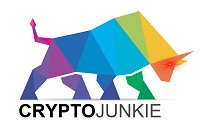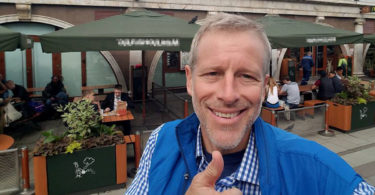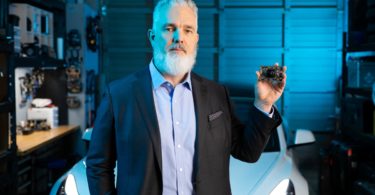Launched in 2013 by two former Stanford grads and high-frequency trading systems engineers, Baiju Bhatt and Vladimir Tenev, Robinhood Markets Inc. was the first stock exchange to offer investors commission-free trading along with zero account balance minimums.
Their mission is simple: to democratize finance for all. Bhatt and Tenev believe that everyone should have access to the financial markets, so they built Robinhood to make investing friendly, approachable, and understandable for all newcomers and experts alike.
Many wondered how the company would make money and survive against its competitors, who were charging anywhere from $10 to $50 per trade and required their customers to hold a minimum of $500 to $5,000 in their brokerage accounts.
But the founders already knew that financial exchanges made most of their money from other services. In fact, only about 25% of revenues come from trading commissions.
So, Bhatt and Tenev built Robinhood from the ground up to make money from these other income sources.
Robinhood makes money by collecting interest from customer cash accounts, much like a bank collects interest on cash deposits. And they get paid by market makers on each individual stock trade they’re able to execute on the behalf of their customers.
Other sources of revenue include a $5 monthly fee towards an optional service called Robinhood Gold, which allows investors to trade on margin; lending stocks purchases by these customers on margin; and fees associated with purchases people make using the Robinhood debit card.
Over the years, the numbers have spoken for themselves.
Since 2017, no stock exchange has experienced more explosive growth than Robinhood.
In April of that year, the company took in a $110 million investment round from venture capitalist firms valuing the business at $1.3 billion.
By February 2018, Robinhood had 3 million client accounts – the same as one of its top competitors, E-Trade Financial (NASDAQ: ETFC), who’s been in business 31 years longer than Robinhood.
To date, Robinhood has exploded to 13 million client accounts, compared to E-Trade’s measly 3.7 million. And after its latest $280 million investment round in May 2020, led by the legendary venture capital firm Sequoia Capital, Robinhood is now valued at $8.3 billion.
That’s 538.5% valuation growth for Robinhood from its April 2017 valuation of $1.3 billion.
Compare that to only 41% stock growth for E-Trade over the same timeframe, and it’s not even a competition.
Since I expect Robinhood to continue growing at a similar pace relative to its competitors, I think Robinhood IPO will be a buy when the company goes public.
Until then, you can invest in private companies before they potentially go public for even larger returns.
Here's how…
New Law Gives All Americans a Shot at Startup Millions
A recent act of Congress entitled “HR 3606” makes it so virtually all Americans can become angel investors!
Thanks to this law, if you’re an American citizen over the age of 18…
YOU can grab shares in tiny companies with the potential for explosive growth long before they ever hit the stock market.
You don’t have to submit bank statements or pass any tests!
If you have $100 and five minutes to spare, you can become an angel investor!
Regular Americans all over the country are already taking advantage and getting incredibly rich.
I’m talking about people like:
- Joseph K. of Cincinnati, who says his startup shares are worth “just under $100 million.”
- Or Susanne P. of San Francisco, who reports that she’s walking away with $6 million — after paying California taxes!
- And Kurt R. of York, Pennsylvania, who tells us he’s cashing out of his startup for a whopping $17 million.
This is the wealth-building event of the century…
And there is no time to waste!
That’s why ex-Morgan Stanley banker Jason Williams has prepared an urgent presentation called “Angel Investing Unlocked.”
In it, he’ll explain exactly how you can get started as an angel investor TODAY…
And how you can potentially transform a tiny starting stake into $1,000,000+.
This is your chance to get in early on the next Amazon, Google, or Starbucks!
So don’t delay, get FREE access to this presentation when you click here now.






